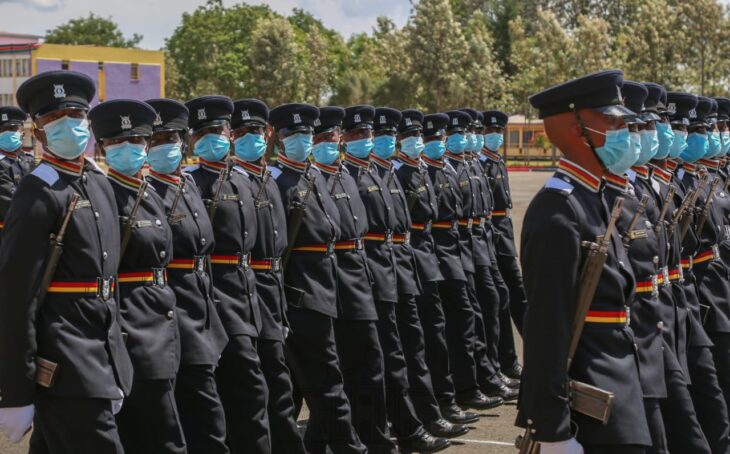NAIROBI, Kenya, Feb 14, 2020- In recent years, the issue of police brutality has become a major concern for Kenyan citizens.
Reports of police officers using excessive force and violence have become rampant, and the situation shows no signs of improving.
Police brutality is a menace that undermines the rule of law and violates the basic human rights of citizens.
This article delves into the statistics of police brutality in Kenya, the reasons behind the problem, and potential solutions that could help address the issue.
Official statistics on police brutality in Kenya are not readily available since the government has been accused of suppressing such information.
However, the Independent Policing Oversight Authority (IPOA) reported receiving 217 cases involving police brutality in 2020.
This number was a decrease compared to the 256 cases reported in 2019. However, this only covers reported cases, and the true extent of police brutality remains unknown because many cases go unreported.
The reasons for police brutality in Kenya are multifaceted. Corruption is a significant contributing factor.
Police officers in Kenya are often underpaid and ill-equipped, and as a result, many see bribery and extortion as a means of supplementing their income.
When these officers are faced with resistance from the public, they respond with excessive force to intimidate and silence their victims.
Additionally, many police officers lack proper training in the application of force, self-defense, and human rights.
This results in a lack of skill in handling tense situations, leading to unnecessary violence.
The institutional gap in Kenya’s justice system is another factor that facilitates police brutality.
The lack of accountability for police officers that engage in misconduct breeds a culture of impunity.
Police officers are aware that they can get away with violent behavior, so they continue to use excessive force knowing that they will not be punished.
In addition, some police officers use their power and influence to evade criminal charges, which further fuels the problem.
To address the problem of police brutality, several remedies are needed.
The primary remedy is to ensure that police officers are held accountable for their actions.
This can be achieved by creating an independent body to investigate cases of police misconduct and hold these officers accountable.
Furthermore, Kenya needs to improve the recruitment process for police officers to ensure that the most qualified and competent individuals are selected. Proper training on human rights, effective communication, and conflict management is necessary to enable officers to effectively handle tense situations.
In conclusion, police brutality is a major issue that Kenya needs to tackle. The statistics are not readily available, but reports of police brutality remain a major concern.
Addressing this problem requires Kenya’s government to invest in “soft policing” and create a culture of integrity within its police force.
The gap in the system requires to be bridged, and the public must be sensitized on how to report such police brutality cases to the concerned authorities.
Effective policing will build trust, improve community relations, and promote peace and stability in Kenya.
The writer, Angela Wangechi is a passionate journalist dedicated to uncovering the truth about human rights, security, and governance. With years of experience under her belt, she has a sharp eye for detail and an unwavering commitment to exposing the injustices that often go unnoticed.Whether she is covering protests in the streets or conducting in-depth investigations behind closed doors, she is always on the forefront of the fight for truth and justice.
Want to send us a story? Contact Shahidi News Tel: +254115512797 (Mobile & WhatsApp)


